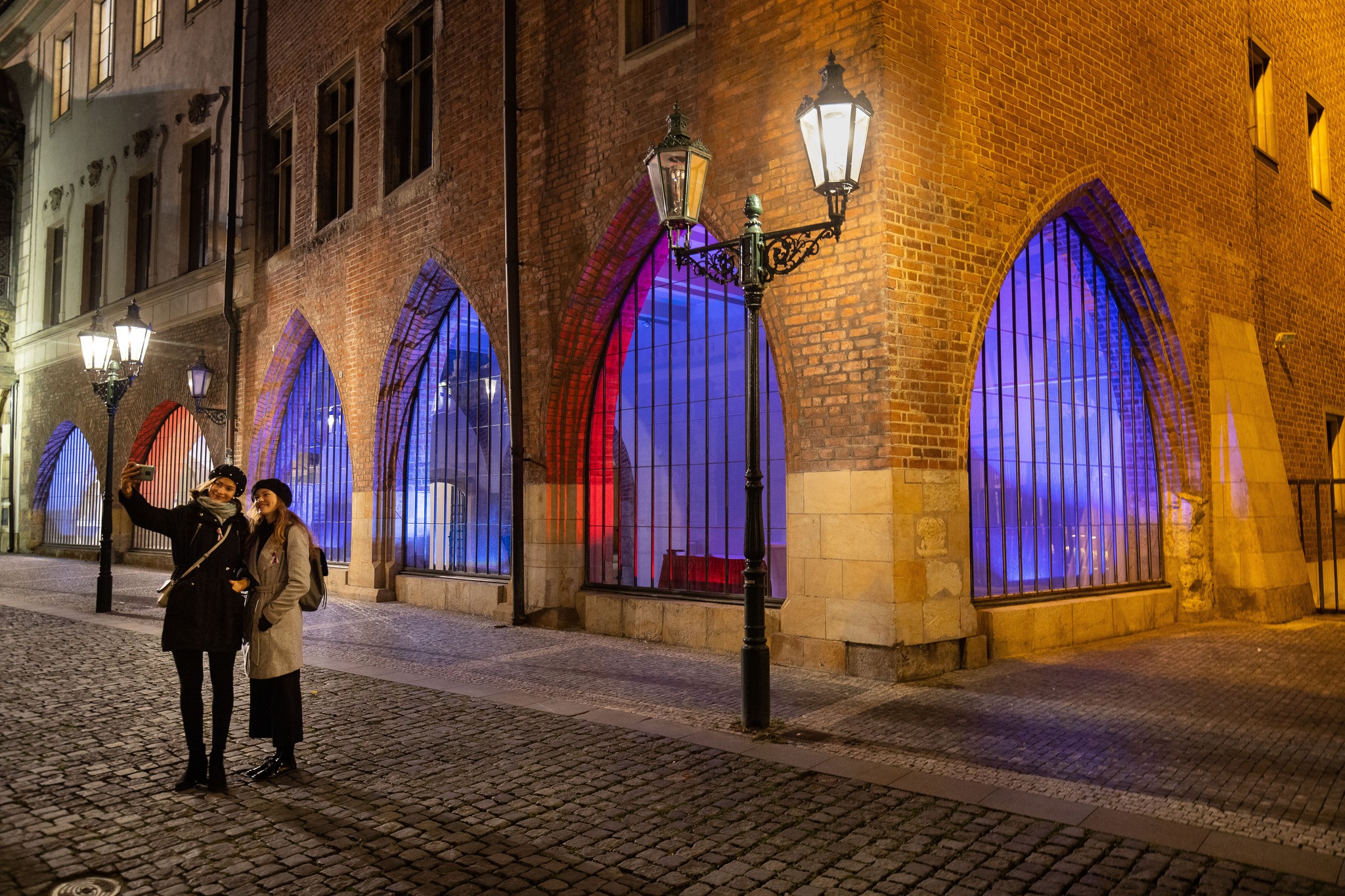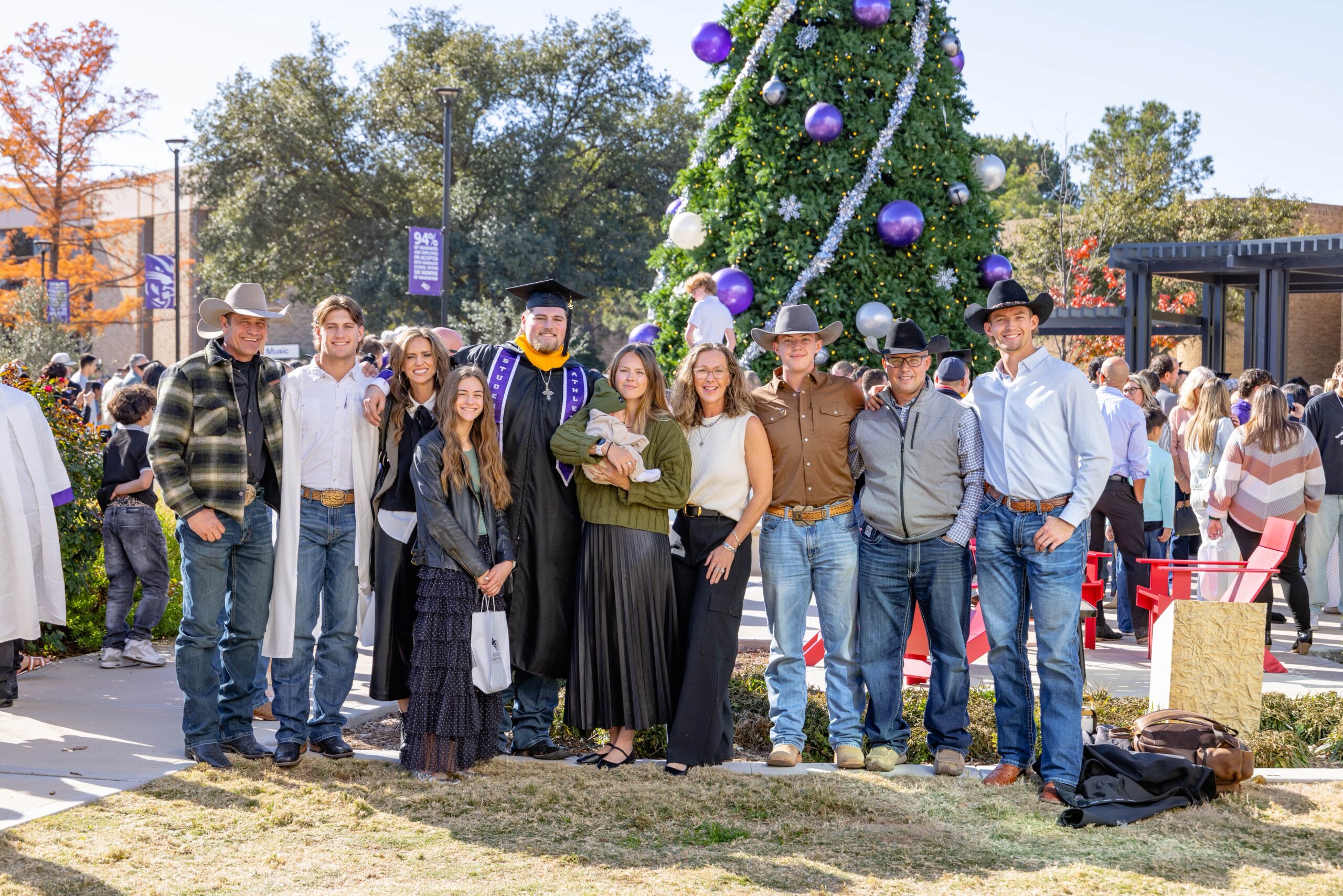Author Archives: mike@standardsmichigan.com
- Home
- Articles posted by mike@standardsmichigan.com (Page 31)

Kavárna u Rotlevů
“Bureaucracy is the death of any achievement”
ISO: National Standards of the Czech Republic
UNMZ Czech Office for Standards, Metrology, and Testing
🎽 What do our students Eliška Martínková and Eduard Kubelík compete in?
🎥 They will tell you in our reel. pic.twitter.com/Tev5jZ6Vn1
— Charles University (@CharlesUniPRG) August 10, 2024
Lemon Ginger Tea
Statement of Net Position 2024: $1.251B (Page 9)
Planning, Design & Construction Management: 2025-2026 Institutional Priorities
IEEE: Water Purification for Human Consumption
Elon University Facilities Management
For the 20th year, Elon University has been recognized as a leader in study abroad by the Institute of International Education. Elon is ranked #1 in the percentage of undergraduate students who participate in study abroad among doctoral universities. https://t.co/kak6mETp2Q pic.twitter.com/0m7fyJ4rzT
— Elon University (@elonuniversity) November 18, 2025
Matcha Latte
Consolidated Financial Statement 2022: Net Position $13.033B (PDF Page 4) | Standards Georgia
Sasaki: Emory University Master Plan | American Campus Communities: The Ridge Graduate Housing
The Oxford Olympics is a cherished tradition for incoming students @EmoryOxford— an evening filled with exciting team activities and friendly competition. Congrats to the Light Blue team for winning first place! 🎉 Full gallery: https://t.co/ahPzeqd2Zr pic.twitter.com/WUNQNLFUJC
— Emory University (@EmoryUniversity) September 2, 2025
Footwear Design
This content is accessible to paid subscribers. To view it please enter your password below or send mike@standardsmichigan.com a request for subscription details.
Rainy Days and Mondays
Berry College in Georgia holds the title of the world’s largest contiguous college campus at 27,000 acres (about 42 square miles), far surpassing others like West Point (~16,000 acres).
Founded in 1902 by Martha Berry as the Boys Industrial School (later expanding to include girls and becoming Berry College), it began on 83 acres she inherited from her father.
Through relentless fundraising, donations from philanthropists (including Henry Ford and others), and strategic land purchases—often farms, forests, and rural properties in northwest Georgia—the institution steadily acquired surrounding acreage.
By the 1930s, it owned thousands of acres, emphasizing self-sufficiency, work-study programs, and conservation. This gradual expansion, tied to its mission of education and stewardship, made it the largest by far.
More Monday from Georgia:
“Midnight Train To Georgia” 1973 | written in his spare time by Jim Weatherly star football quarterback @OleMiss
https://t.co/Yj1iMkLZRK
print(“Lunch Hour 1600 UTC”)\n weekday(2)
print(“American Standard”)@SchoolofRockUSAhttps://t.co/yjhiCTCPoS pic.twitter.com/BfIE0wwjWz— Standards Michigan (@StandardsMich) October 25, 2023
Bad Coffee
Texas Abilene Christian University Net Position (Net Assets) 2024: $1 Billion
Newark (Texas) Higher Education Finance Corporation
US Nuclear Energy Commission issues permit to ACU for Molten Salt Nuclear Reactor
Are “bad” coffee shops damaging specialty coffee’s reputation?
He will cover you with his feathers, and under his wings you will find refuge; his faithfulness will be your shield and rampart. | Psalm 91:4 pic.twitter.com/FaJlUHZ4I1
— Abilene Christian University (@ACUedu) January 25, 2026
English Fry Up
Standards Massachusetts | Planning, Real Estate, and Facilities
Thankful for the misters during summer 2 move-out 🔥 💦 pic.twitter.com/bKgWE7qVnJ
— Northeastern U. (@Northeastern) August 13, 2025
Texas Croissants & Wyoming Cowboy Coffee
“We wish to suggest a structure
for the salt of deoxyribose nucleic acid (DNA).”
James Watson | “Nature”, April 1953
Finance & Administration: Facilities

Gates of Kiev | Pictures at an Exhibition | Promenade
Ohio K-12 Facilities Construction Commission | Map of K-12 Schools
New update alert! The 2022 update to the Trademark Assignment Dataset is now available online. Find 1.29 million trademark assignments, involving 2.28 million unique trademark properties issued by the USPTO between March 1952 and January 2023: https://t.co/njrDAbSpwB pic.twitter.com/GkAXrHoQ9T
— USPTO (@uspto) July 13, 2023
Standards Michigan Group, LLC
2723 South State Street | Suite 150
Ann Arbor, MI 48104 USA
888-746-3670



















